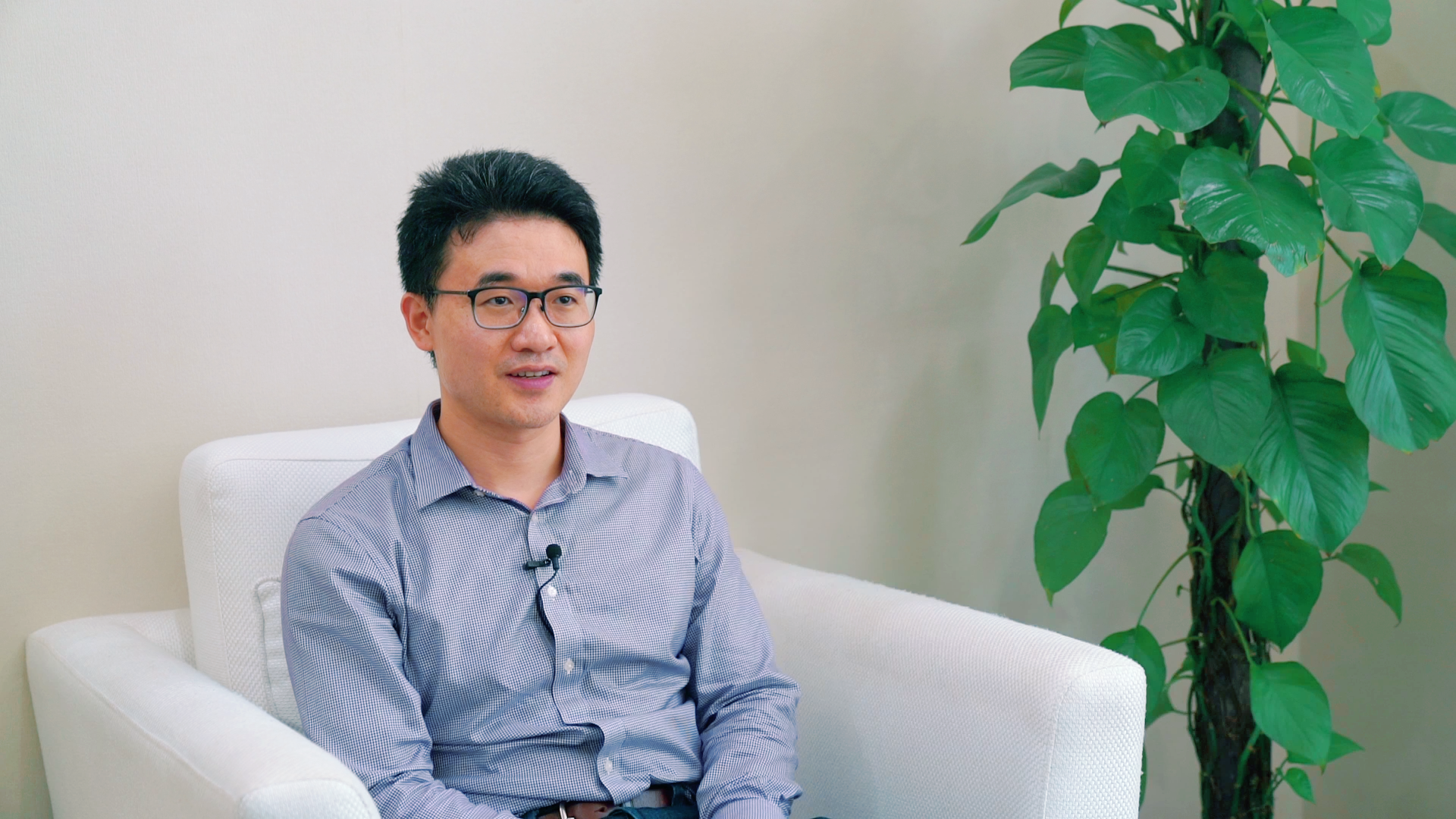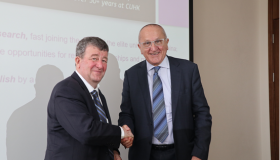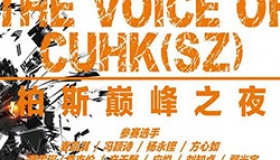Interview with Prof. Mao Lei | The Advantages of SME Finance Programme

Prof. Mao Lei
Focus on Problem-Solving Skills
In the interview, Prof. Mao Lei emphasized that numbers don’t matter. “We focus more on the training of scientific methods and learning ability than the mathematic analysis ability. We hope to cultivate the students who can lead changes in the financial industry, so they need to have the foresight and take action.”
He further explained that finance is a study of human behaviors. The role of mathematics is to set standards in the financial industry. Compared with the calculation, the way of thinking is more important. “Therefore, firstly, we require our students to learn how to use scientific methods.” In some classes, we teach students how to use observations, for example, using cases of trades from stock markets or companies to demonstrate whether the theories proposed by predecessors are right or not. This step, training of scientific methods, is significant for students. Secondly, our students need to be equipped with strong learning ability. “Chinese students usually can find answers to problems, but we hope our students are good at asking questions.” Putting problem-solving thinking and deduction before calculation is a distinction between the undergraduate finance programme of SME, CUHK-Shenzhen and that of other Mainland universities, said Prof. Mao Lei. Different from the examination criteria of other universities, we need our students to think clearly and logically. For example, even in small tests, our students do not need to cram up formulas. In fact, numbers are not that important in the financial industry.
Using Self-Compiled Teaching Materials
“Many people believe that financial knowledge from textbooks is not as useful as the working experience in the real world. This kind of understanding does make sense to some extent because most of the financial knowledge from textbooks in China is outdated. We, therefore, realize that there is a huge gap between theory and practice.” The professors of the undergraduate finance programme teach the courses that are related to their researches, and combine their research results with the knowledge of textbooks. “The update of textbooks falls far behind the rapid development of the financial industry, and the compilation and publication of a textbook need to take at least five years. During this period, the study of some topics may also be undergoing changes. Thus, all teaching materials are compiled by ourselves with classical theories and latest researches.”
How about the authoritativeness of the self-compiled teaching materials? Prof. Mao Lei confidently said that, “our courses are of first-class levels in China”. All of the faculty received their Ph.D. degrees from prestigious universities in the world. Although they are a group of young scholars, they represent a fresh look of this industry and are devoted to the researches grounded on the reality.
Synergistic Combination of Theory and Practice
Prof. Mao Lei said that the curriculum setting helps bridge the gap between theory and practice. Based on that, real-life applications are also added. “The synergistic combination of theory and practice is the highlight of the finance programme.”
According to Prof. Mao Lei, the extracurricular activities different from the activities of traditional finance are introduced to broaden students’ horizons. “We will invite a biopharmaceutical company to our School next semester. We encourage our students to think how to estimate the value of an industry that they are not familiar with, and how to make an investment. Students should not follow with current fixed patterns, but propose new theories by themselves. So, I’ll set difficult questions to them, and let them fully discuss. This is a way of integrating theory into practice.
This kind of training system helps our students improve their practical capability. “Our students are usually the champions in the national business competitions, which demonstrates that they have key problem-solving skills when facing challenges.”




